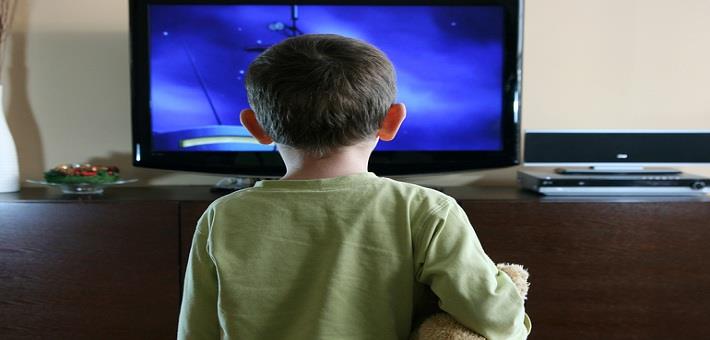
Prosocial and Educational Television Shows Reduce Aggression in Preschoolers
Preschoolers spend a lot of time watching television and tend to imitate the good and bad behavior they see on screen. A study in Pediatrics shows how aggression in preschoolers can be reduced by modifying their viewing habits at home. The researchers developed an intervention program that replaced television programs containing violence by educational television programs encouraging prosocial behavior. Reducing children’s viewing of violent TV and increasing their time with prosocial and educational TV indeed reduces aggression in preschoolers.
Take aways
- Programs that modify television-watching habits increase social skills and reduce aggression in preschoolers.
- Boys from low-income families benefit most from these programs.
- Thus, programs targeting exposure to violent television shows should focus on modifying the television content rather than time spent watching television.
Study information
The question?
Are programs designed to modify television-watching habits at home successful in reducing aggression in preschoolers?
Who?
565 parents of preschoolers aged 3 to 5 years (mean age: 51.3 months old; 46% girls).
Where?
Seattle, United States
How?
The researchers divided parents into two groups. Both groups kept track of their children’s viewing habits. One group of parents received a monthly television guide with a suggestion of available educational and prosocial television shows and their schedules. They were also sent monthly newsletters with advice about television-watching for preschoolers. The researchers called these parents once a month, helping them to set new television viewing goals for their children.
For reasons of comparison, a second group of parents did not get the TV intervention, but received an intervention on better eating habits. All parents filled out a survey at six months and again after a year about their children’s behaviors (e.g., anxious, depressive, angry, and aggressive) and social skills.
Facts and findings
- Parents who received the program to modify their children’s television-watching habits reported that their children were less aggressive toward others, compared to the children that did not receive the TV intervention.
- Children who watched more educational and prosocial television also showed greater social skills, compared with those in the no-intervention group. The difference remained after a year.
- In particular, boys from low-income families benefited the most from the program.
- There was no difference in total television-watching time between the two groups. Both groups increased their time spent watching television during the study.
- However, in the no-intervention group the increase in total television-watching time was filled with violent television shows, and in the intervention group by more educational and prosocial shows.